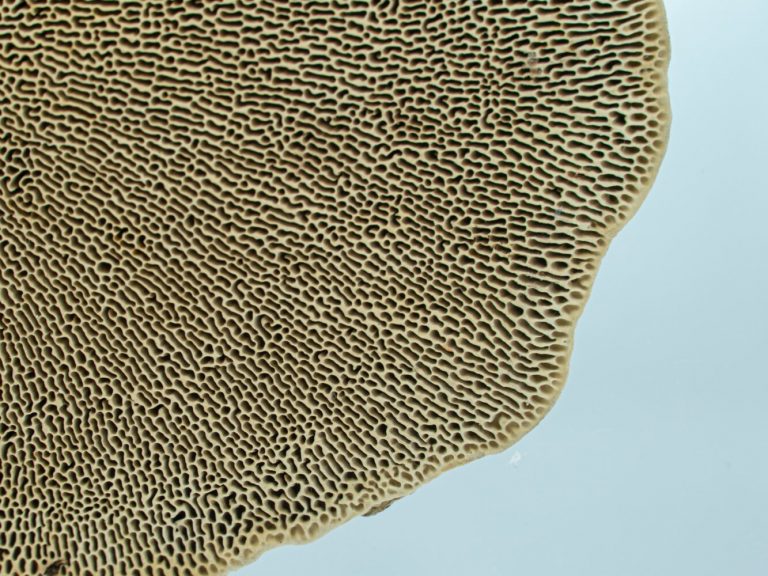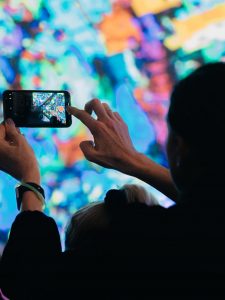Which innovative materials can improve our environment today? How are functional materials becoming more intelligent and what does the potential to reduce emissions look like? We will explore the future of new materials during our 6th edition of Science Today – Sustainable and innovative materials.
Science Today takes the temperature of ongoing science and invites you to an afterwork where PhD students and postdocs from Karolinska Institute (KI), KTH Royal Institute of Technology (KTH) and Stockholm University (SU) present their research on stage. On every occasion we choose a new interesting topic.
After their presentations, the conversation continues with a networking mingle in the bar with a DJ and music that stimulates our mood! This time we invited Olivia Mezquida to drop some nice tunes for this Friday evening. See our Friday night menu here.
This evening’s conversation takes place in English and is led by the Nobel Prize Museum’s Olof Somell.
Speakers
Viktoria Langwallner, SLU/KI
PhD student – Spider silk biology for biomedical applications
“Spider silk is nature’s high-performance fiber, as it has a unique combination of high tensile strength and extensibility which makes it able to absorb a high amount of energy before fracture. Due to the cannibalistic nature of spiders, it is not possible to obtain large amounts of natural silk for textiles, hence the expression of spider silk proteins (called spidroins) needs to be done in a heterologous host. That’s why one part of the research is focused on the development of large-scale production methods for making artificial silk fibers. Part of the research also concerns the use of a spider silk protein domain for efficient production of proteins and peptides”.
Carl Moser, KTH
Post doc – In wood Chemistry and pulp technology
“One key to sustainability is to limit our dependence on fossil fuels as a raw material and instead opting for biobased resources. I am developing atmospheric methods to liberate fibers from cellulosic biomass that can ultimately be used to replace products made from non-renewable sources, such as textile fibers, styrofoam insulation and packaging. This method can be employed as a standalone process or to further our knowledge of existing large-scale processes”.
Edouard Pesquet, SU
Principal Investigator of “Cell differentiation and coordination in tissues” research team.
“Working on how plant biomass, and specifically their cell walls, establishes unique multipurpose materials enabling plants to cope with climate changes and other disturbances as well as how we can use plant cell wall biomass for new bioinspired sustainable materials”.
Program
17:00 Mingle & DJ Mezquida
18:00 Conversation on stage
19:00 – 21:00 DJ Mezquida and mingle
To purchase tickets, see below. Purchased tickets are non-refundable.
Photo policy
The Nobel Prize Museum photographs, films and broadcasts live many of our events. The Nobel Prize Museum may use the material in our operations, communication channels and in social media. Contact us if you have any questions about this.


